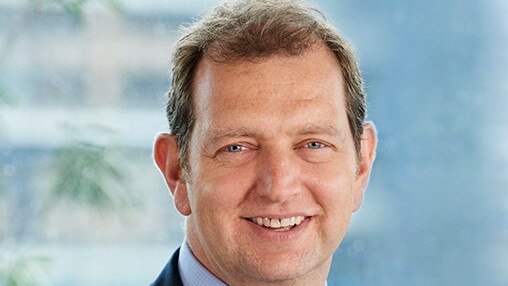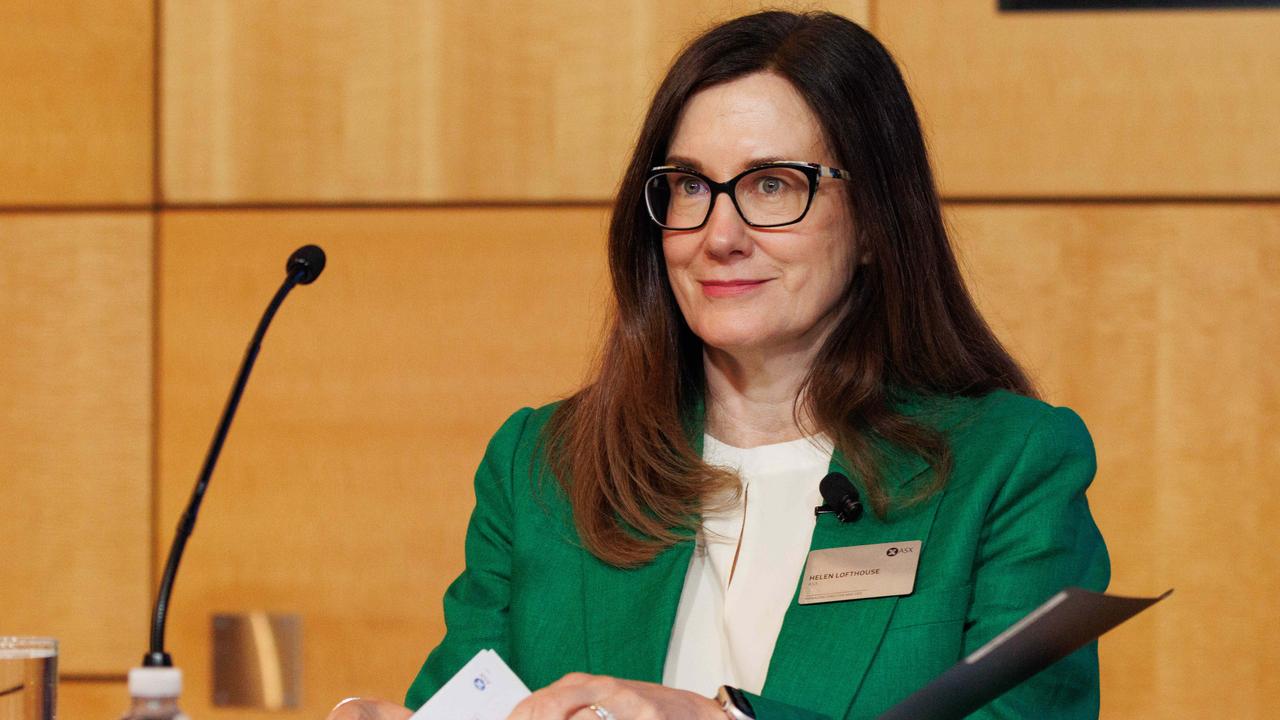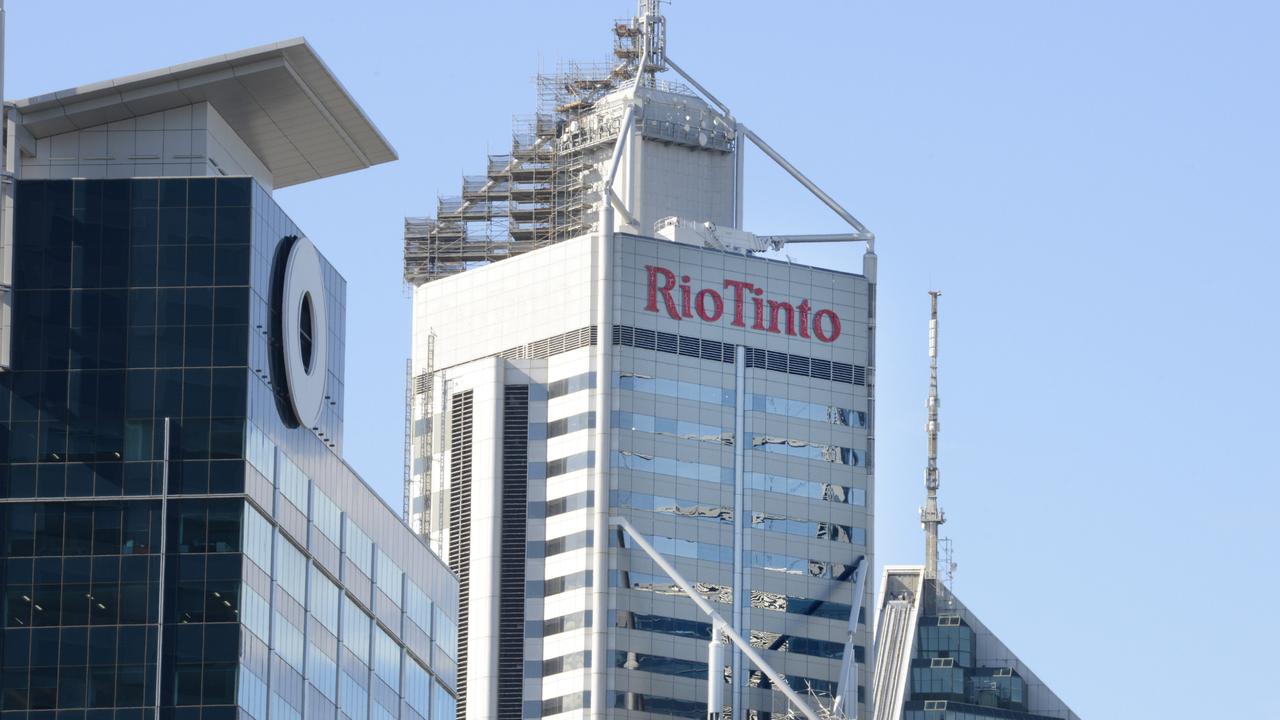Medibank set to invest in third hospital to slash out-of-pocket costs
Despite opposition from Australia’s biggest private hospital groups, Medibank is taking stakes short-stay hospitals that offer ‘no gap’ payments.

Australia’s biggest health insurer, Medibank, is expanding its push into hospital ownership while advocating more at-home health services in an effort to slash out-of-pocket costs.
Chief executive David Koczkar revealed on Friday the group is close to securing a strategic stake in a third hospital on Australia’s east coast as it advances its short-stay and no-gap surgery model.
It comes as private hospital groups are seeking to negotiate better funding deals with Medibank and other health insurers after losing hundreds of millions of dollars from elective surgery bans.
While talks with some hospitals are taking months to finalise, Medibank is progressing its strategy to reduce the cost of healthcare, which is set to rise as Australia’s population ages, securing stakes in short stay hospitals among other initiatives.
“Real health costs per person are expected to double in the next 40 years, so we have to absolutely focus on three things, one is removing unnecessary costs from the system,” Mr Koczkar said, citing the prosthesis reform and disease prevention as the other two areas.
Mr Koczkar said money spent on costly hospital stays can be diverted into surgery fees, reducing out-of-pocket costs and making private healthcare more affordable, strengthening the overall system.
He said short stay hospitals currently perform 1 per cent of Australia’s 100,000 joint replacements each year. This compares to 30-40 per cent in other countries where the short-stay model is more mature.
“In some countries, it took 25 years to make their transition to maturity where they are doing about 40 per cent of joints (replacements in short stay hospitals).
“That’s what‘s playing out in Australia … and we’re working on both direct investments with partners to catalyse that change but also working with existing hospitals to work with them to deliver that short stay no gap proposition to our customers.”
Mr Koczkar’s comments follow NIB chief executive Mark Fitzgibbon advocating paying doctors and hospitals on delivering better clinical outcomes rather than solely on volume. It‘s a model that’s similar to executive pay where there is a fixed and variable compensation based on meeting certain performance targets.
But Craig McNally, chief executive of Australia’s biggest private hospital group Ramsay, rejected Mr Fitzgibbon’s idea. Similarly, Medibank’s foray into hospital ownership has attracted strong criticism, with private hospital and doctor group’s branding it a step towards US-style managed care, in which health insurers have a greater say on patient treatment.
But Mr Koczkar said under Medibank’s model — which has included taking out a 49 per cent stake in East Sydney Private at Woolloomoo in 2020 and striking a joint venture with a group of 42 doctors to build a new $64m hospital in Melbourne last March — clinical autonomy is maintained.
“And as we expand our investments in those settings where we see a very large market opportunity. We‘ll continue to work with partners with offers to make sure that when we do invest, the value is given for our customers through no out-of-pocket (costs) and to make sure that there is preserved autonomy between patients and doctors as they’re offered this new choice,” he said.
It comes as Medibank’s net profit slipped 2.7 per cent to $220.2m in the six months to December 31. Mr Koczkar attributed the fall to the group’s investment income diving more than 56 per cent to $30.9m.
Stripping out the performance of its investment portfolio, Medibank’s operating profit surged 12.3 per cent to $286.5m, with Mr Koczkar citing “strong resident policyholder growth, a benign claims environment and the benefit of increasing scale”.
Policyholder growth firmed 1.5 per cent — or by 28,100 — taking the total rise in new members throughout the past 12 months to 3.3 per cent,
He said the group had also delivered six consecutive quarters of policyholder growth for the first time in nine years. Overall revenue, excluding investment income, firmed 4 per cent to $3.61bn
The group will now extend the deferral of its annual premium increase by another month – a move it says will now take the total amount of pandemic savings it has returned to policyholders by deferral to $163m.
“We’ve always committed to return all permanent net claims savings due to Covid-19. Our total support now stands at around $463m and we will continue to assess these permanent net claims savings and return them to our customers,” Mr Koczkar said.
Medibank’s shares fell 3.8 per cent to $3.05 on Friday against a flat broader share market.
Barrenjoey Capital Partners analyst Andrew Adams said Medibank delivered an “inline 1H22 result or a slight beat operationally driven by strong growth in the Medibank Health division”. Jarden analyst Kieren Chidgey agreed, saying “policyholder growth is tracking broadly in line”.
Medibank will pay a dividend of 6.1c a share, fully franked, on March 24.



